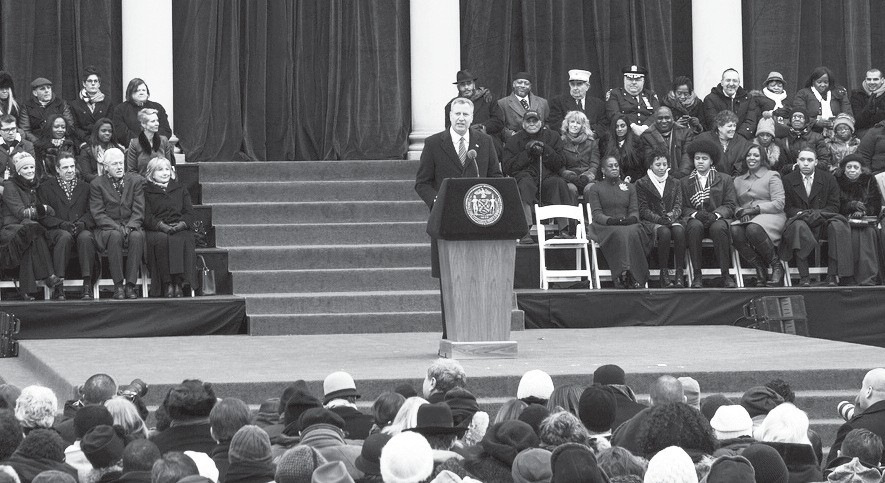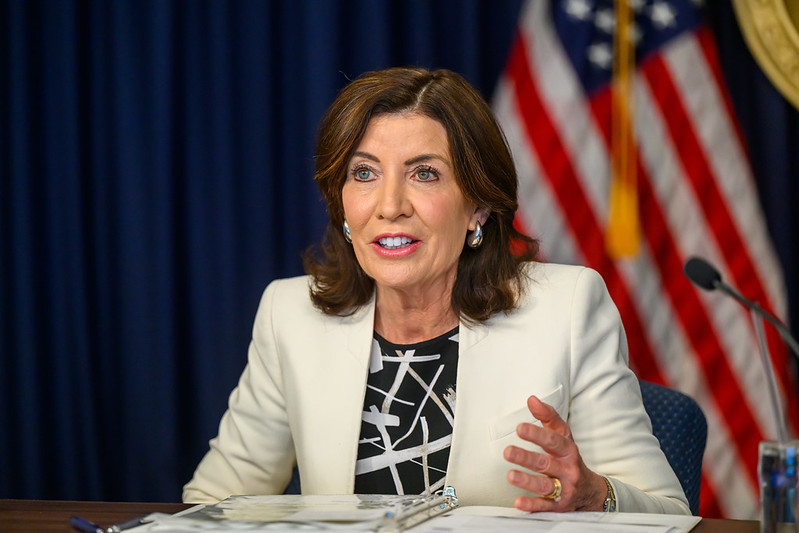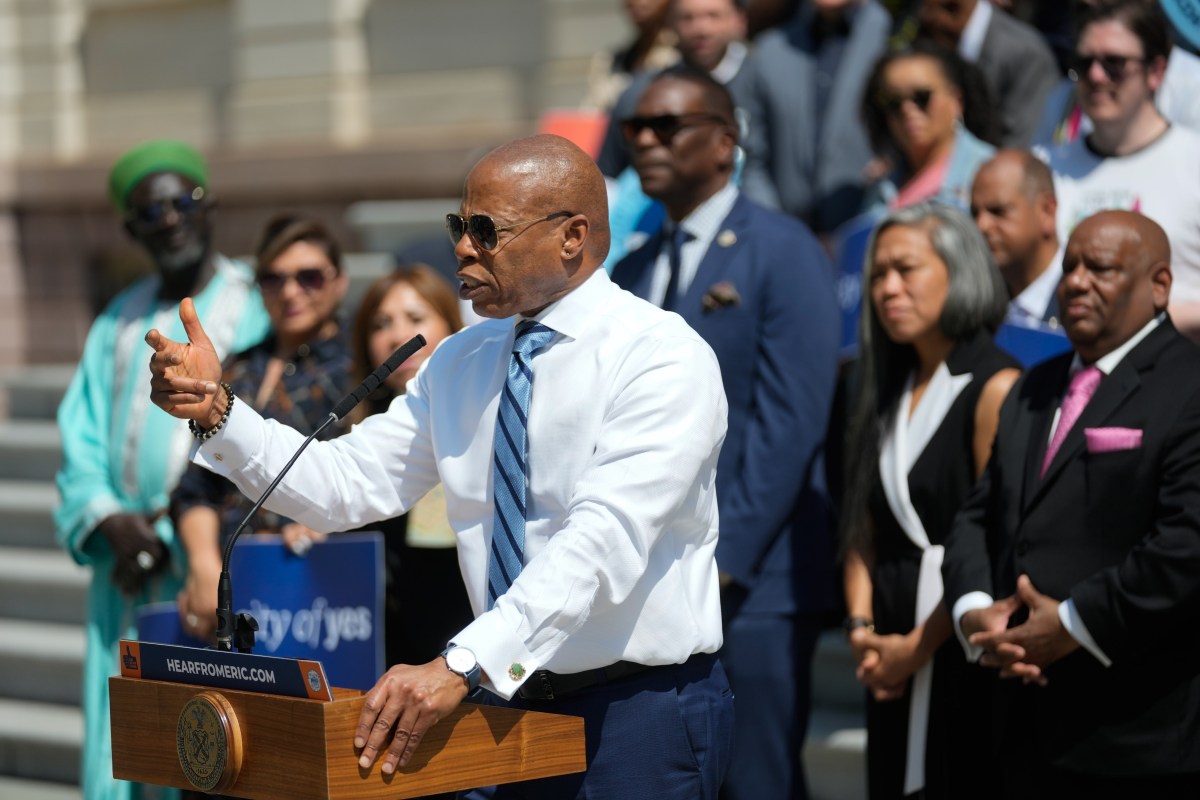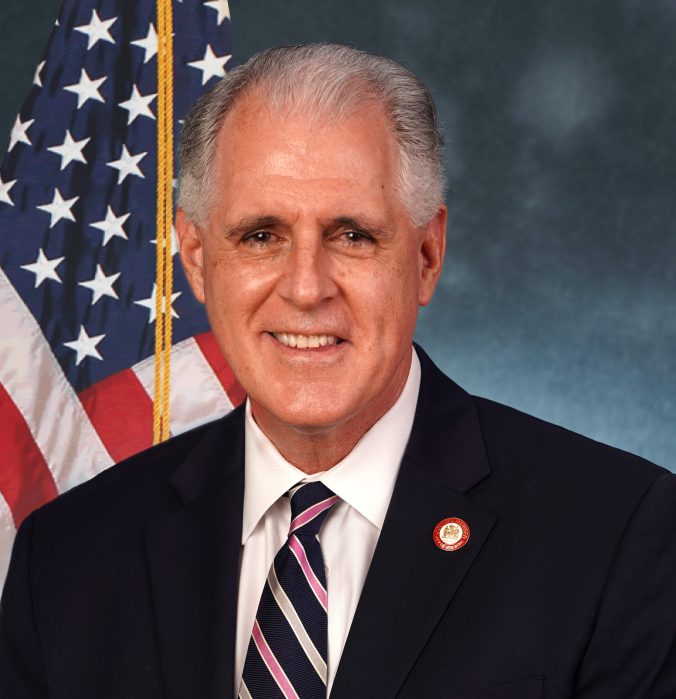Rudderless U.S. Foreign Policy
The Obama administration’s recent failures in the foreignpolicy arena have only highlighted how far American leadership has fallen in this new century.

From the Middle East to Eurasia, it often seems that President Obama is reacting to events instead of trying to shape them. Americans have begun to see his collective failures as an indictment on his presidency, and they long for clarity and purpose from their president.
The clear foreign policy that is grounded in American ideas of promoting liberty abroad and preserving our security at home is what is needed now. That is how we became a superpower. Reversing these ideas allows our adversaries to become stronger and impairs our ability to respond to present-day threats.
While Obama’s foreign-policy adventures have waxed and waned in the eyes of the American public, his indecisiveness in places such as Iraq and Syria has presented an image of weakness on the global stage.
We have failed to adequately deal with Russian aggression in Georgia and Ukraine. Recognizing that the United States would soon be changing administrations, Russia invaded Georgia in 2008. As a nation, we stood by and watched during that transition, as parts of Georgia fell under Russian rule. Vladimir Putin sensed our weakness and saw opportunity. Six years later, he annexed Crimea, and now pro- Russian forces are trying to take over more land in Ukraine.
What has the Obama administration done in response to this aggression by Russia? Not really much, other than impose toothless sanctions on Russian businessmen close to Putin (but not the Russian president himself), which have done little to make Russia change course. Is this what Ronald Reagan would have done? Or would he have helped pro-democracy Ukrainians and pressed Europe to look for alternatives to Russian natural gas to preclude being held hostage by Russian energy? Additionally, we need to reinforce our commitments to NATO and get the former components of the Soviet Union involved. Otherwise, Putin will do this again. We need to embolden Europe to confront him.
Russia is not the only country that has taken advantage of our preoccupation with the Middle East. Recently, China has been expanding its maritime boundary in the South China Sea. It also seeks to test our resolve to long-held security commitments we have with our partners in Asia. We must do more to let our Asian allies know that we will stand with them and confront China’s territorial ambitions. China continues to threaten our country with cyberattacks and is a repressive global power. We need to do more to support those people in China who long for democratic reform.
If we had supported the masses who were trying to overthrow the tyrannical government in Iran in 2009, I suspect we would be looking at a very different situation in the Middle East today. The United States should always stand on the side of freedom-loving people. What has the Obama administration done to support those who long for liberty and freedom in Iran? More needs to be done.
Our foreign policy is rudderless. We are a ship lost at sea. We need a foreign policy that is proactive in safeguarding our interests and not reactive to events unfolding around the globe that affect our security. Our friends and allies need to know that we can be counted on when they are in jeopardy or when their security is threatened. We must have a foreign policy that is rooted in those ideas that have made us the envy of all freedom-loving people around the globe.
* * *
Ben S. Carson is professor emeritus of neurosurgery at Johns Hopkins University and author of the new book “One Nation: What We Can All Do To Save America’s Future” (Sentinel).


































